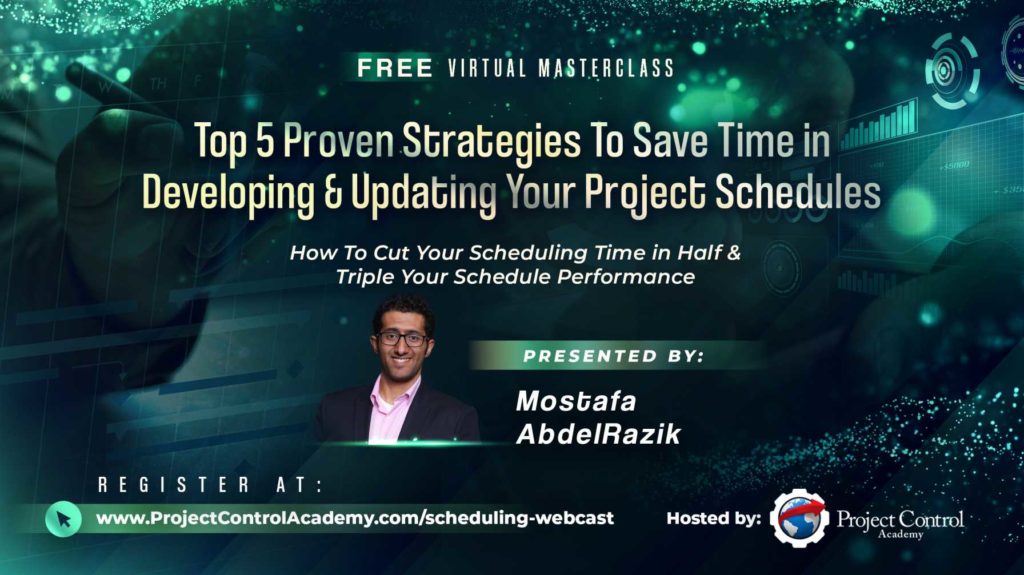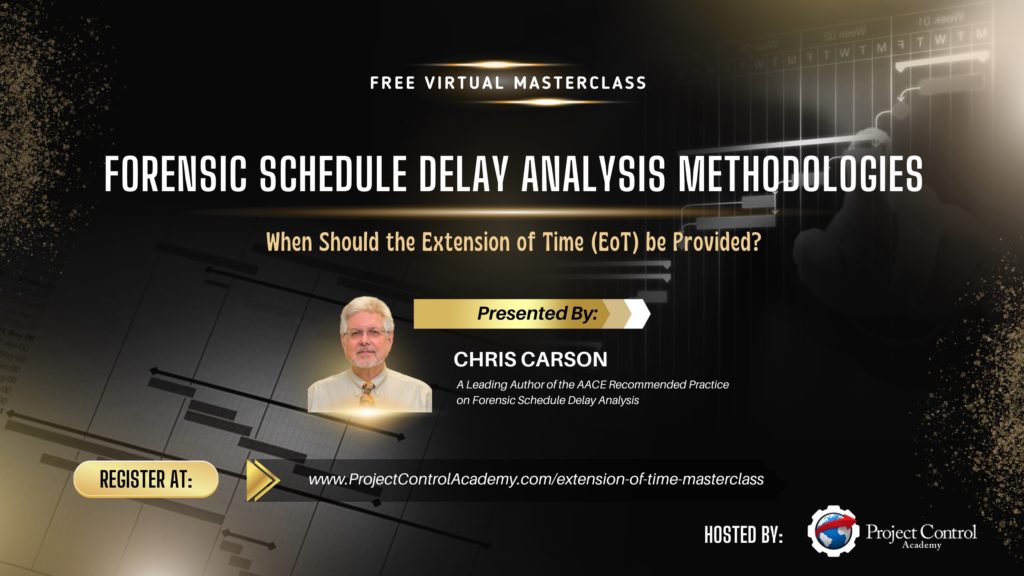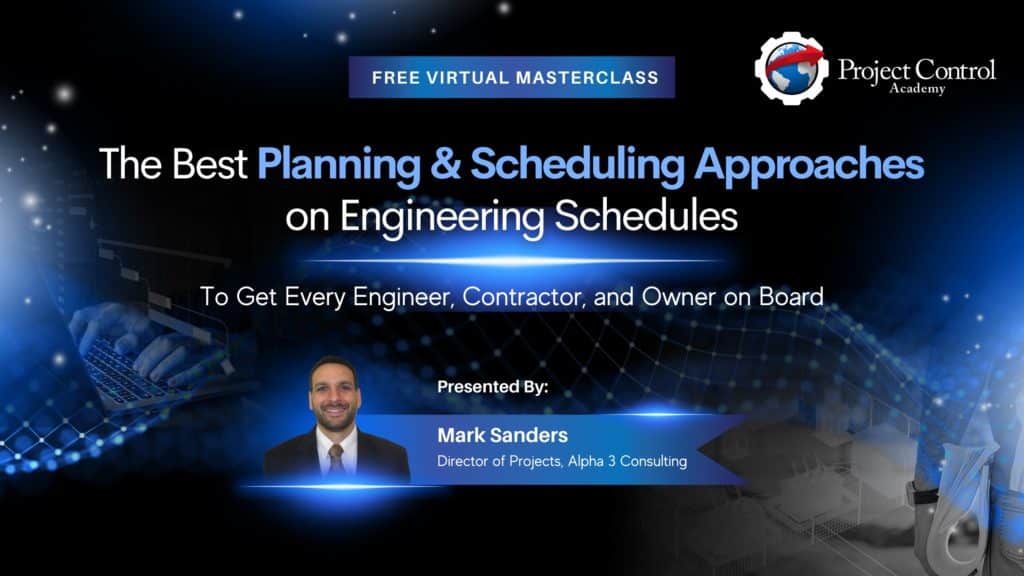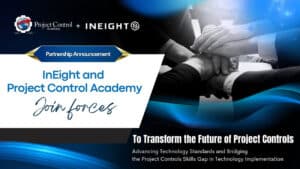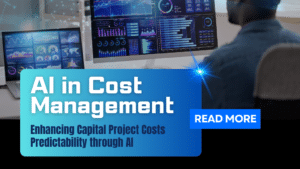As a project professional, are you prepared to thrive in this new decade that has already introduced numerous challenges in how we work and live?
Do you have a game plan that can take you to higher levels of success in your projects and career sooner than later?
Believe it or not, many project professionals do not have a future-proof plan in place. They are concerned about their future, the increasing complexity of their projects, the rising expectations of employers and clients, and the level of challenges they face daily in their projects.
There is no doubt that tomorrow’s organizations will be required to continually strive to keep up with the pace of external change. They must be more agile, value led, customer-centric, and efficient to remain robust and relevant.
As a project professional, you want to figure out how to stay competitive, boost your influence, and thrive in this highly competitive working environment. In addition, you want to lead your projects to successful completion and have the right moves forward, so you reach your desired career destination.
One strategy is to find out what common mistakes your peers make, learn from them, and do your best to avoid making the same mistakes.
To help you implement this strategy, I have developed a list of five common project professional mistakes that you should avoid. I will explain each mistake and share with you some suggestions to ensure you’d not make the same mistake in your projects and professional career. If you avoid making these common project professional mistakes, you’d be able to accelerate your projects’ success rate and career growth.
Common Project Professional Mistake #1: High Expectation from Employer
Back in 2005, I started working in a large oil and gas service company. A few months into the job I took on an important project. While I did my best to handle the project successfully as the project manager, I did not communicate properly with the client to understand their objectives. I also missed an important step in reporting the results which led to a complaint from the client!
Our center manager challenged me in front of other project managers and senior managers. He blamed me for what had happened and the lack of proper communication. I reacted to what he said and blamed him back for not providing enough training for me as a new project manager. I got emotional and fled the meeting room.
Although this incident was very hard for me to digest and brought my motivation down, it helped me realize a major mistake. I expected my employer to fully train me!
Do you have similar expectations from your employer?
Based on the information we have at Project Control Academy many project professionals expect their employers to fill their knowledge gaps and provide them with all the training they need. They also expect their employers to send them to conferences and networking events. And if their employers do not cover the costs, they’d not enroll in any training, nor will they attend any paid event.
That is a mistake. Your employer may not feel obligated to provide you with the training that you may need. However, your employer expects you to develop the skillsets you need for your job and deliver value to the company. Your employer also expects you to highlight your contribution and importance to your projects and the company.
In order not to make this mistake, here is what I suggest:
Don’t expect your employer to be in charge of your progress and growth. You are in charge. You should identify the knowledge gaps, find ways to fill those gaps, develop strategies to highlight your contributions, and initiate building a solid network for getting help and growing your career internally and externally.
In my case, once I realized that I should not expect my employer to fully train me, I took charge of my own professional development and made sure to build my skills as much as I could even if that meant I had to pay from my own pocket for what I needed to learn.
Common Project Professional Mistake #2: Underestimating Non-technical Skills
Many project professionals try to deepen their technical expertise. They spend time and energy figuring out how they can perfect their technical skills. Although this helps, it may not save them from layoffs over this decade if they focus only on expanding their technical skills. It may also prevent them from thriving in their role and taking their careers to new heights.
As a project professional, you should not underestimate the critical role of non-technical or soft skills. It’s a big mistake. Companies are interested in keeping the employees that engage with the company’s path forward. They want employees who combine their technical expertise with non-technical aspects of completing projects and doing business. The ability to communicate clearly and effectively, resolve conflicts with a positive attitude, negotiate tactically, manage stakeholders masterfully, lead passionately, and understand the business properly is of high importance to companies.
Let’s talk about the role of effective communication, for example. The actual cause of many failures is a lack of clear and effective communication. In the story that I shared with you about my mistake early on in my career, I realized that the main reason I failed in my project was the lack of proper communication. Overall, I had good technical skills. I knew the technical procedures. However, I had to communicate with the client what to do when things would not go according to the ideal plan. I didn’t! I made the decision to move forward with the plan while a change in the plan was necessary.
Effective communication is not just about how well you speak. It is also about how well you listen, what words you use, how well you present your results, and how clear you communicate your wants and needs to others, including your employer and stakeholders. If you want to boost your influence in your projects, you should improve your communication with your team members, project manager, clients, management, vendors, etc.
To ensure you don’t make this big mistake, here is what I suggest:
Balance your technical and non-technical skills. Don’t ignore the power of project leadership, effective listening, friendly conversations, building relationships, understanding others, etc. Instead, find out how you can integrate your technical and non-technical skills for the best outcome. This balancing act would lead you to the sweet spot of your performance, productivity, and passion.
Common Project Professional Mistake #3: Working in Isolation
Many project professionals work in isolation. They don’t communicate their struggles and needs. They don’t share their knowledge and ideas. They tend to separate themselves from other project professionals. They don’t see value in networking with others. They just do what they must do. They see work as completing the tasks they have; Nothing more, nothing less!
That is a mistake. Working in isolation becomes boring after a while. It leads to frustration and dissatisfaction. Here is what I suggest you do, so you don’t make the above mistake:
Connect with those you know and beyond. Become part of a community that you can contribute to, a community that helps you grow. Attend networking events to build your professional network because, as you might have probably heard, your network is your net worth. The more extensive your trusted network, the more opportunities you have for building a career that you cherish, a career aligned with your purpose and passion. A rewarding career built on your terms.
Over years, attending conferences and discussing with peers and experts have helped me build not only my technical skills but also my project management and leadership skills to the extent that any manager I have worked with has told me that I have very strong project management, stakeholder management, leadership, and communication skills.
Common Project Professional Mistake #4: Procrastination
Most project professionals tend to delay what they need to do to grow their careers. They don’t act because they think it’s too early. Instead, they busy themselves with their daily tasks and procrastinate on filling their knowledge gaps, upgrading their skill sets, boosting their visibility, and building their network. And after procrastinating for a long time, they still do nothing because they believe it is too late!
I learned not to procrastinate early on in my career. Once I realized that I needed to strengthen my communication and leadership skills for the success of my projects and career, I acted and joined a Toastmasters club. That decision turned out to be one of the best decisions that I have made in my life. Toastmasters helped me boost my communication and leadership skills to the extent that I wrote a book on authentic leadership called, Leadership Soup. It also helped me overcome my fear of public speaking and become comfortable in speaking in front of a large audience.
It’s a big mistake to procrastinate on the things you know are essential to your journey to success. As you probably already know, companies are looking for growth-minded and action-oriented professionals. If you do what you have been doing, nothing may change for the better.
You are aware that you need to get out of the routine and implement something that positively impacts your project, department, and career. And you know that there is no perfect timing. The time to act is now. You can start from where you are and work in clever and creative ways toward your desired career destination. Just don’t delay what needs to be done today to the next day!
Common Project Professional Mistake #5: Not Asking for Help
Most project professionals keep their struggles to themselves. And even worse, they take them to their personal lives. They don’t ask for help, support, and guidance from a coach, mentor, or expert. They believe that no one can solve their problems due to issues within their team, projects, and company. So, they don’t even bother trying.
That is a big mistake. Keeping your issues and struggles to yourself and not seeking advice to resolve them would lead to frustration, demotivation, conflicts, withdrawal, anger, and disrespect.
To assure you don’t make this big mistake, here is what I suggest:
Don’t keep your issues to yourself. Believe it or not, many of the problems you experience are common among those working on projects. Seek help and guidance from trusted experts, coaches, and mentors. You have the solutions within you. You just need some guidance and support to figure out the answers and strategies that would work for you and your situation.
Summary
In sum, if you want to stay relevant and thrive in your career, you need to take an active role in your career development, honing your skills (including your soft skills) whenever you can and however you can. That is how you can stay ahead of the curve and be in charge of your career growth no matter how the future unfolds.
And if you don’t know how to start or where to start from, the Empowered Project Professionals Inner Circle or EPPIC is for you.
The EPPIC program:
🔘 Helps you be in full charge of your career progress, so you are ready for your next big move without the need to expect your employer to provide everything for your progress fully. This helps you avoid mistake #1.
🔘 Boost your soft skills, fill the knowledge gaps, and adequately integrate technical and non-technical skills. This way, you get the best results in your projects and take your career to new heights. This helps you avoid mistake #2.
🔘 Introduces you to an inner circle, a private community, that helps you build a relationship with other growth-minded project professionals. It gives you a platform to share your challenges, get the support you need in resolving your issues, and guide those who can benefit from your experience. This helps you avoid mistake #3.
🔘 Empowers you to sit in the driver’s seat of your career and implement effective strategies that work for you. The inner circle helps you get out of your comfort zone and develop a growth mindset that enables you to get things done faster, inspires you to take the lead, and helps your team and organization move to the next level. This helps you avoid mistake #4.
🔘 Provides the direct support and guidance you need from sought-after experts, coaches, and mentors in a safe and secure environment. This helps you avoid mistake #5.
Learn More about the EPPIC Program
EPPIC is our private community for growth-minded project professionals motivated by purpose, committed to learning and implementing knowledge, and eager to create their path to excellence.
Being a part of the EPPIC program means you’ll:
☑️ Get direct support and guidance from the industry’s top experts and seasoned project professionals regularly
☑️ Network and connect with like-minded project professionals in private masterminds that help you get out of your comfort zone, gain confidence and fulfill your career goals
☑️ Receive the proper training and resources for filling your knowledge gaps in project controls/project management/leadership, taking charge of your professional growth, and staying ahead of the curve proactively
☑️ Gain direct support of career experts and experienced recruiters for landing high paying and more fulfilling positions
☑️ Learn about upcoming technology trends in project controls & project management and how to implement them
☑️ Receive practical tips and tricks on project-related tools, software, and skills that you can implement in your projects
☑️ Accelerate your personal and professional development through knowledge and community challenges
☑️ Fuel new ideas with creative problem-solving in a trusted, empowering community
☑️ and much more…
The EPPIC program is a unique, powerful, and affordable program to join. You will regularly receive practical insights, training, guidance, and support in a safe and secure environment that can help you build confidence, fill your knowledge gaps, try new things, and take your career to new heights.
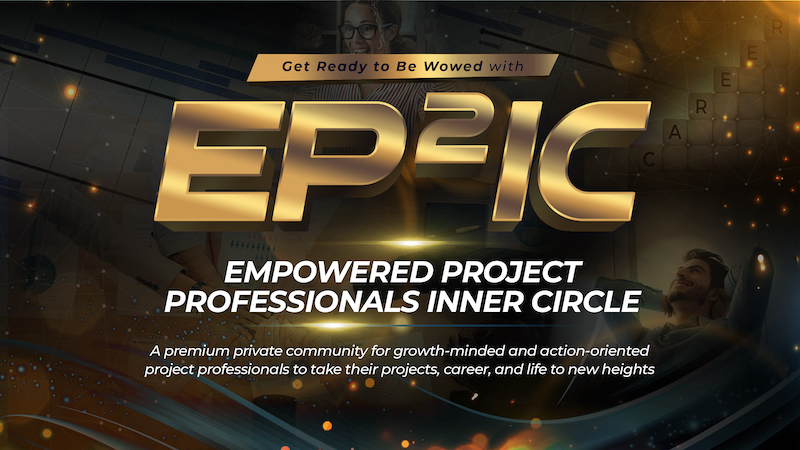
About the Author:

Dr. Kamran Akbarzadeh is the CEO of the Project Control Academy and author of award-winning books, “Leadership Soup” and “Get What You Want.”
With years of experience as a project manager, subject matter expert, program leader, and partnership advisor in large companies, and as a successful entrepreneur and coach, Kamran believes that everyone has the potential to lead and achieve what he or she truly wants in life. Kamran coaches and trains individuals and businesses to overcome their top challenges, fulfill their dreams/visions, and accelerate their growth.
As the CEO of the Project Control Academy, Kamran is in charge of the strategic direction of the academy and executing their strategic plans to fulfill their vision for delivering much more value to project professionals around the world and growing the academy more than ever. At the same time, Kamran helps project professionals upgrade their mindset, hone their leadership and interpersonal skills, and thrive in their life and career.
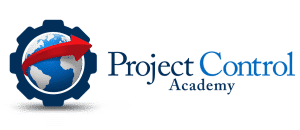


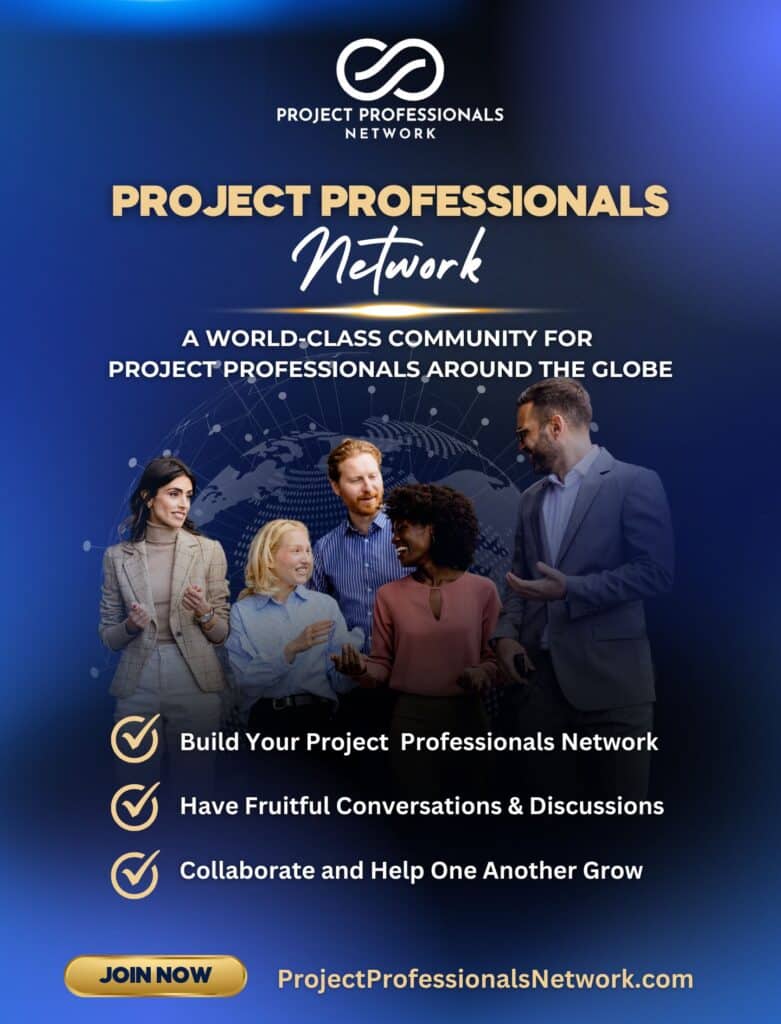
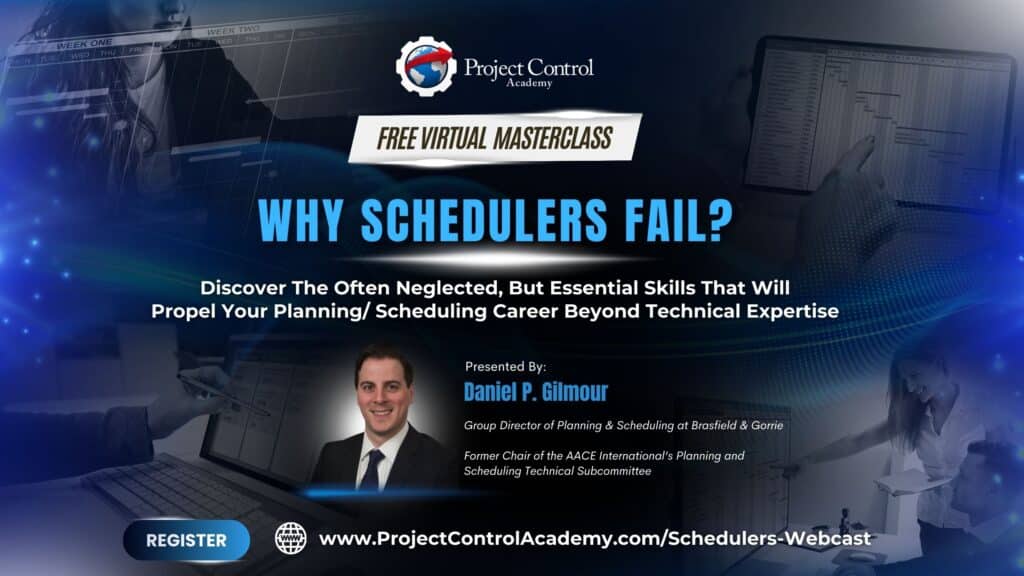
![[Free 90-min Masterclass] The Ultimate Leadership Recipe for Project Professionals](https://www.projectcontrolacademy.com/wp-content/uploads/2024/08/4-1024x576.jpg)


